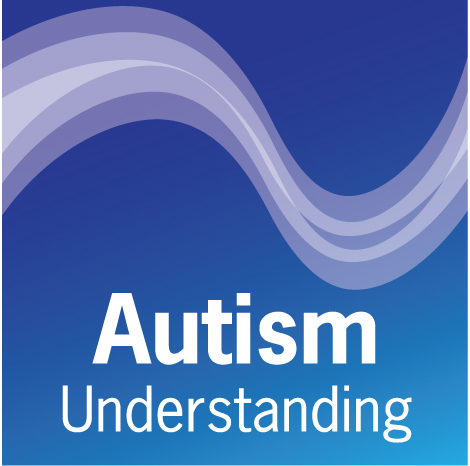DOWNLOAD YOUR FREE RESOURCE
Cognitive Assessment Observation Checklist
Developed by Lydia Meem, Clinical Psychologist at Autism Understanding
This is a free tool for psychologists to use immediately after a cognitive or developmental assessment, to capture your observations to include in reports and to assist with referrals for additional assessment.
The checklist prompts you to consider not just the test scores, but how a child or young person approached the assessment and interacted with you, including:
- rapport and interest in the assessor
- eye gaze and joint attention
- self-directed versus following your lead
- social questions and Double Empathy Problem
- response to change in routine
- performance anxiety, learning difficulties, and coping with mistakes
- detail focus and bottom-up processing
- inventing own rules and deviating from instructions
- cognitive flexibility and routines
- visual problem-solving and semantic categories
- special interests and connection making
- sensory overload and sensory seeking
- high energy, impulsive, or repetitive motion
- expressing dislike and absconding
- spiky subtest profile
We hope you find this Checklist helpful in including your observations in your reports.

 Autism Understanding
Autism Understanding 